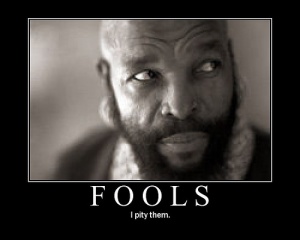Four years into his papacy, Pope Benedict XVI has made his share of PR blunders, many churchwatchers agree. He’s angered Muslims by denigrating the role of reason in their faith and Jews by welcoming a Holocaust-denying bishop back into the church.
But while the short-term consequences of those actions were terrible, they have led to some positive developments, argued an op-ed in the New York Times on Monday.
John Berwick, the religious affairs correspondent of DW-TV, Germany’s international state broadcaster, says without the Muslim blooper, there would not be the ongoing high-level dialogue between Muslim and Catholic theologians. And the Jewish blunder led to an increased appreciation and focus on Nostra Aetate, the Vatican document that declares God’s covenant with the Jews to be eternal and exculpates the Jews from any charges of deicide.
Berwick concludes: “Perhaps we should be less worried about the pope’s bloopers than the arbiters of political correctness would have us be. In his classic Praise of Folly, Erasmus concluded: `All men are fools, even the pious ones. Christ himself, though he was the wisdom of the Father, took on the foolishness of humanity in order to redeem sinners. Nor did he choose to redeem them in any other way but through the folly of the cross and through ignorant, sottish disciples.’
There’s no accounting for folly, except to recognize that it’s perhaps the most endearing and creative human quality. And in the long run, it can be a lot more productive than prudent diplomacy”





